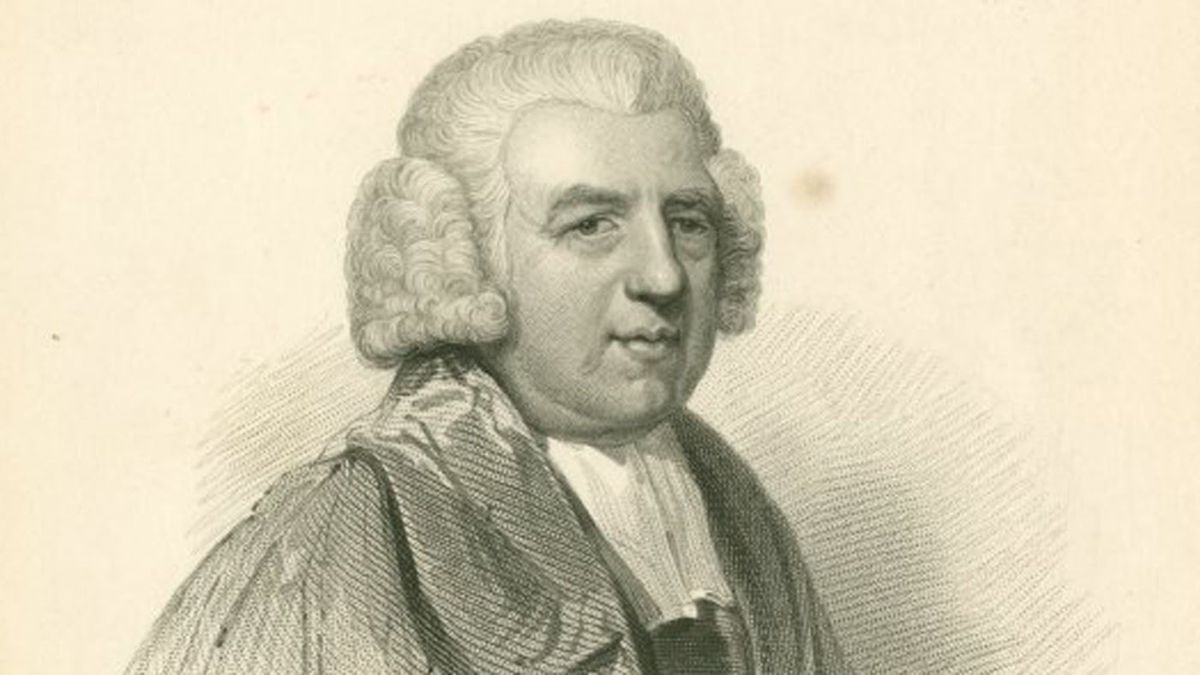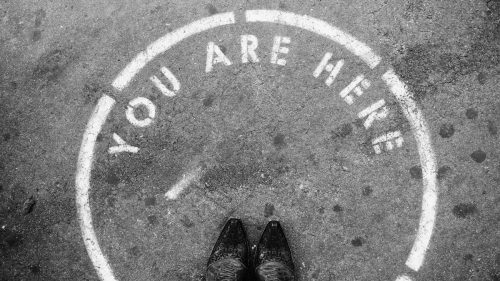

BreakPoint
New News
This year we're getting to know the presidential candidates in new and unusual ways. In the primaries, Jerry Brown and Bill Clinton appeared on the Phil Donahue show. Then Ross Perot launched his campaign on the Larry King talk show. And Bill Clinton belted out "Heartbreak Hotel" on his saxophone on the Arsenio Hall show. It's part of a growing trend in America to get information through what used to be merely entertainment. Media critics have dubbed it the "new news." The "old news" is the mainstream networks and newspapers--sober, objective, balanced (or at least they claim to be). The "new news" is when issues are dealt with in movies, talk shows, and rap music. Here there isn't any claim to objectivity. The more sensational, the better. The border between news and entertainment used to be sharp and clear. Newspapers and newscasts covered serious events; pop culture entertained us. But in the 1960s the border began to blur. Rock and roll music turned entertainment into political expression. Since then, issues and social problems have become the stock in trade for rap music, movies, and prime-time TV. Take rap music. Since the Los Angeles riots, rappers have been claiming their music is the major conduit of ideas and attitudes among ghetto kids. They call rap "the CNN of black America." And think how TV programs pick up on current events. In "Law and Order," the plot regularly turns on Supreme Court decisions. The producers of "Designing Women" used the program to comment on the Clarence Thomas hearings. "L.A. Law" ran a program about an athlete who committed date rape, airing it on the very day of Mike Tyson's sentencing. There's a growing number of Americans who actually prefer to learn about issues through "new news." Only 25 years ago, three-fourths of American adults read a daily newspaper; today it's down to half. Among young adults the number is even lower--only a quarter read a daily newspaper. The rest get their view of the world through the "new news"--what we used to call entertainment. There's no doubt "new news" is more engaging. It deals with social issues that people care about. It's intense, colorful, sensational. But that's precisely what makes it so problematic. "New news" elevates emotion and passion over reasoned analysis; it lifts subjective experience over objective facts. The "old news" might not always be objective--often giving short shrift to issues Christians care about like abortion--but at least it still holds up objectivity as the standard. The "new news," on the other hand, completely caves in to relativism. As Christians we believe in absolute truth. It is rooted in the ultimate reality of God, Who gives us objective revelation in Scripture. So Christians ought to be challenging both the "old news" and the "new news" to greater objectivity. And helping others--especially young people--to see the danger of confusing entertainment with news. It's a question of truth.
10/5/92















